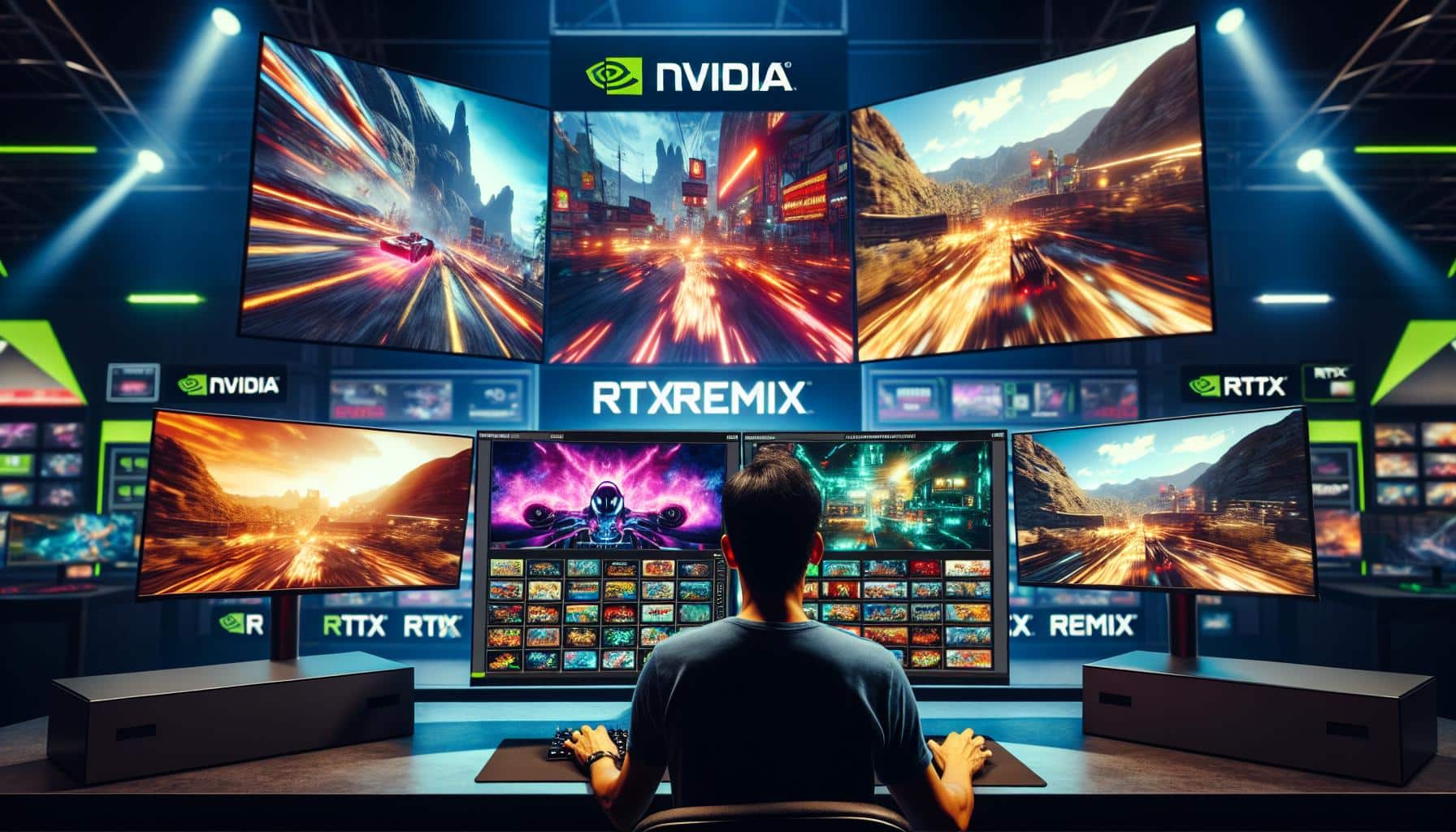Tech Stocks Concentration Exceeds Dot-Com Bubble Levels, Warns Renowned Bear
Renowned market analyst Albert Edwards, who accurately predicted the dot-com bubble over 20 years ago, is sounding the alarm once again. According to Edwards, the concentration in the tech sector has surpassed levels seen during the 2000 crash. This concentration poses a risk, as the sector's earnings are not keeping up with investors' expectations.
Edwards points out that the value of the US tech sector now comprises an incredible one third of the US equity market. This exceeds the previous peak witnessed in 2000 during the Nasdaq tech bubble. This milestone begs the question: are stocks destined for a similar fate, with the S&P 500 losing approximately 50% of its value?
While some aspects of the current situation differ from the dot-com bubble, Edwards emphasizes that certain characteristics remain the same. Firstly, the fundamentals of the tech sector are detached from its price action, with earnings expectations rising faster than actual subsequent earnings performance. This mismatch poses a risk to the sector.
Since 2018, a significant portion of the tech sector's gains have been due to price-to-earnings ratio expansion, further highlighting its detachment from fundamentals. Additionally, investors continue to flock to tech stocks, fearing that they will miss out on upside potential. This is reminiscent of the sentiment seen in 2000, which Edwards describes as being incredibly persuasive.
Recent weeks have seen many parallels drawn between the dot-com bubble and today's market. Both the tech-heavy Nasdaq and bond yields rose in January, which is considered bubble behavior. Market breadth is also at its worst since 2009, further raising concerns.
Adam Karr, the president of Orbis Investment Management, warns about the fear of missing out (FOMO) that currently pervades the market. While it may seem attractive to own the winners in the short term, paying too much for an asset with high expectations can lead to disaster. Historical evidence shows that similar periods have often resulted in significant losses.
However, some argue that the fundamentals of today's leading tech firms are stronger than those during the dot-com bubble. Quincy Krosby, chief global strategist for LPL Financial, highlights that the companies now have rock-solid balance sheets and enjoy attractive profits. She believes the current trend towards incorporating Artificial Intelligence (AI) into businesses is based on its cost-cutting and profit-generating capabilities, rather than being a speculative bubble.
While experts like Michael Hartnett, a strategist at Bank of America, believe that a bubble is forming, he also notes that current valuations are not yet at the same levels as prior bubbles. Time will ultimately tell if the tech sector is in a bubble that is poised to burst. If the economy remains resilient, the sector may continue to outperform. However, Edwards warns that a change in the macroeconomic landscape could lead to an ugly outcome for tech stocks.
Analyst comment
Negative news. The market may experience a downturn due to the concentration and elevated valuations in the tech sector. The tech sector’s earnings are not meeting investor expectations, and there are similarities to the dot-com bubble. If earnings fail to catch up to expectations, there is a risk of a significant decline in tech stocks.













